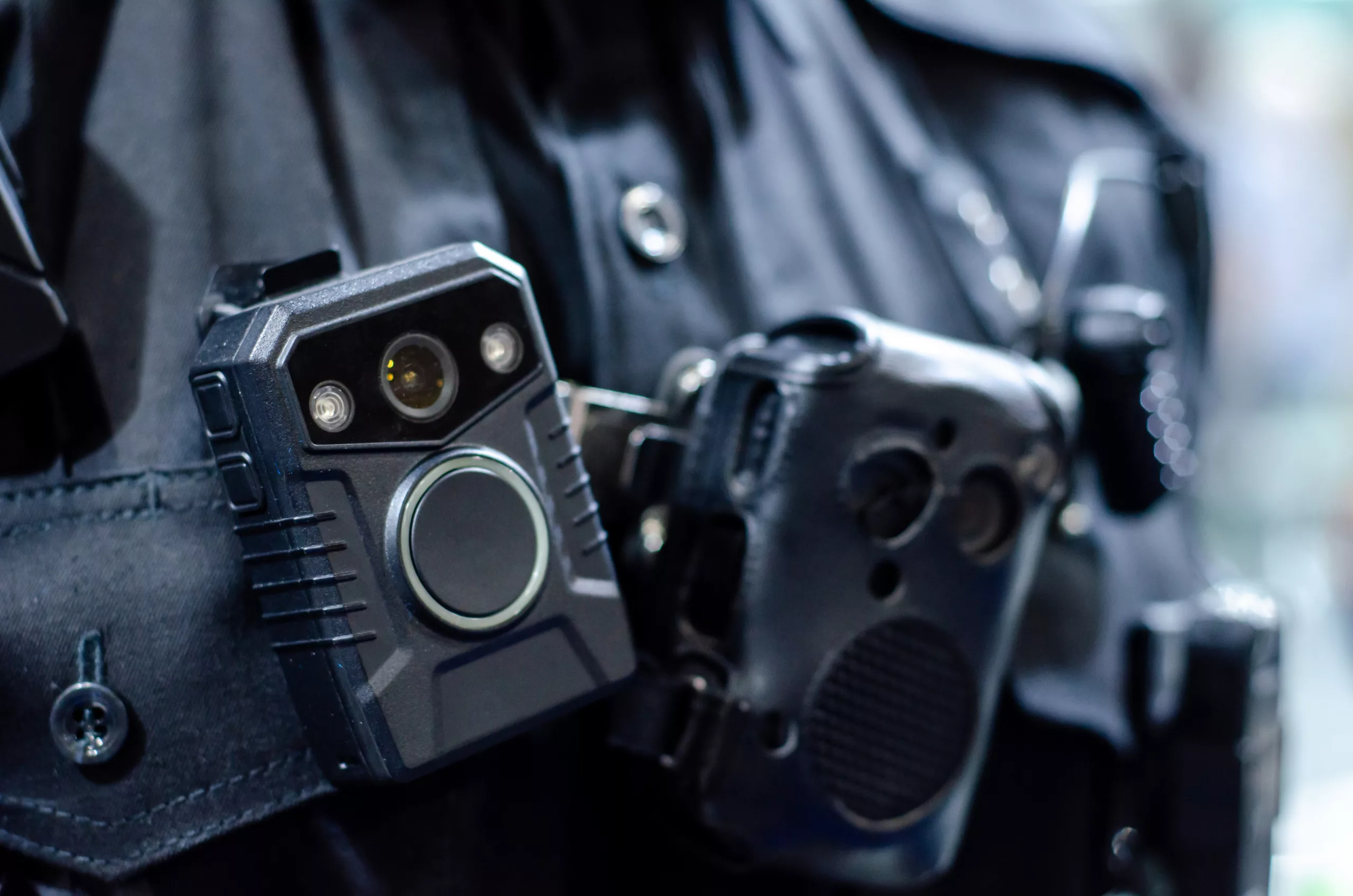Lexington PD releases documents, but not body camera footage in case of Flock camera mistaken identity arrest

Lexington, Ky.–The Lexington Police Department has denied a Lexington Times open records request for body camera footage related to the arrest of Javier Manriquez Ramos, who was mistakenly apprehended as Nicholas Trujillo-Ruiz, a murder suspect from Texas.
After nine days in custody, Ramos’ legal team proved that their client was not the person sought on the warrant, and the real suspect was, in fact, deceased. Despite the dismissal of the case, the police department refuses to release the requested footage, citing an exemption in state law pertaining to active investigations. The department did release an incident report relating to the case, but the denial of body camera footage has raised concerns regarding transparency and accountability in law enforcement procedures.
Details of the Incident
On April 10, the police responded to a report of gunshots in the 3700 block of Camelot Drive in Lexington. Utilizing a Flock license plate-tracking camera, investigators traced the incident to a nearby residence where they encountered Ramos. The officers discovered that Ramos possessed an official Tamaulipas State identification card from Mexico issued under the name of Nicholas Trujillo-Ruiz. Upon running the ID through the National Crime Information Center database, they learned that Trujillo-Ruiz had an outstanding warrant for a murder committed in Texas in 1980. The warrant matched the date of birth on the ID, and Ramos physically resembled the person described in the warrant.
During the investigation, the officers spent twenty minutes with Ramos and his family, attempting to establish if he was indeed the wanted individual. Ramos and his family did not provide an alternative name or indicate that the presented ID was false. When asked for additional identification, no alternative documents were provided. Consequently, Ramos was arrested and taken to the Fayette County Detention Center.
Mistaken Identity and Release
During a subsequent review hearing nine days later, Ramos’ defense team, led by lawyer Abe Mashni, presented evidence indicating that the real Nicholas Trujillo-Ruiz had died several years prior. They asserted that their client’s true identity was Javier Manriquez. The case was ultimately resolved in Fayette District Court, resulting in Ramos’ release from jail.
Police Response and Partial Denial of Records Request
In response to the incident, the Lexington Police Department issued a news release asserting that Ramos would not have been arrested if he had provided truthful identification. The department maintains that Ramos’ false ID led to his arrest.
Following the incident, the Lexington Times requested access to the body camera footage of Ramos’ arrest through the Kentucky Open Records Act. However, the request was denied by the police department, citing an exemption that permits the withholding of information related to active investigations. Shannon Potter Penegor, an assistant records custodian with the Lexington Police Department, stated in a letter that releasing the documentation prematurely could jeopardize the investigation and potentially harm witnesses.
Legal Perspectives and Concerns
Media law attorney Michael Abate has previously pointed out that under Kentucky law, an ongoing investigation alone is insufficient grounds to deny a records request. Abate argued that a specific showing of concrete harm resulting from the release of information is required. While the police department claims an open investigation, they have not provided precise reasons for withholding the requested footage. One potential concern could be the protection of the identity of a confidential informant, whose details would be revealed if the record were released.
The mistaken identity arrest of Javier Manriquez Ramos has raised important questions regarding the actions and transparency of the Lexington Police Department. Despite evidence confirming Ramos’ innocence and the dismissal of the charges against him, the department refuses to release the body camera footage. Critics argue that this denial hinders public accountability and raises doubts about the department’s adherence to open records laws.
Documents
Photo: Adobe Stock
Recommended Posts

Kamala Harris needs a VP candidate. Could a governor fit the bill?
Fri, July 26, 2024
After cyber-attack on Jefferson County Clerk, Fayette counterpart discusses precautions
Fri, July 26, 2024
An eastern Kentucky animal shelter is swelling this summer
Fri, July 26, 2024

